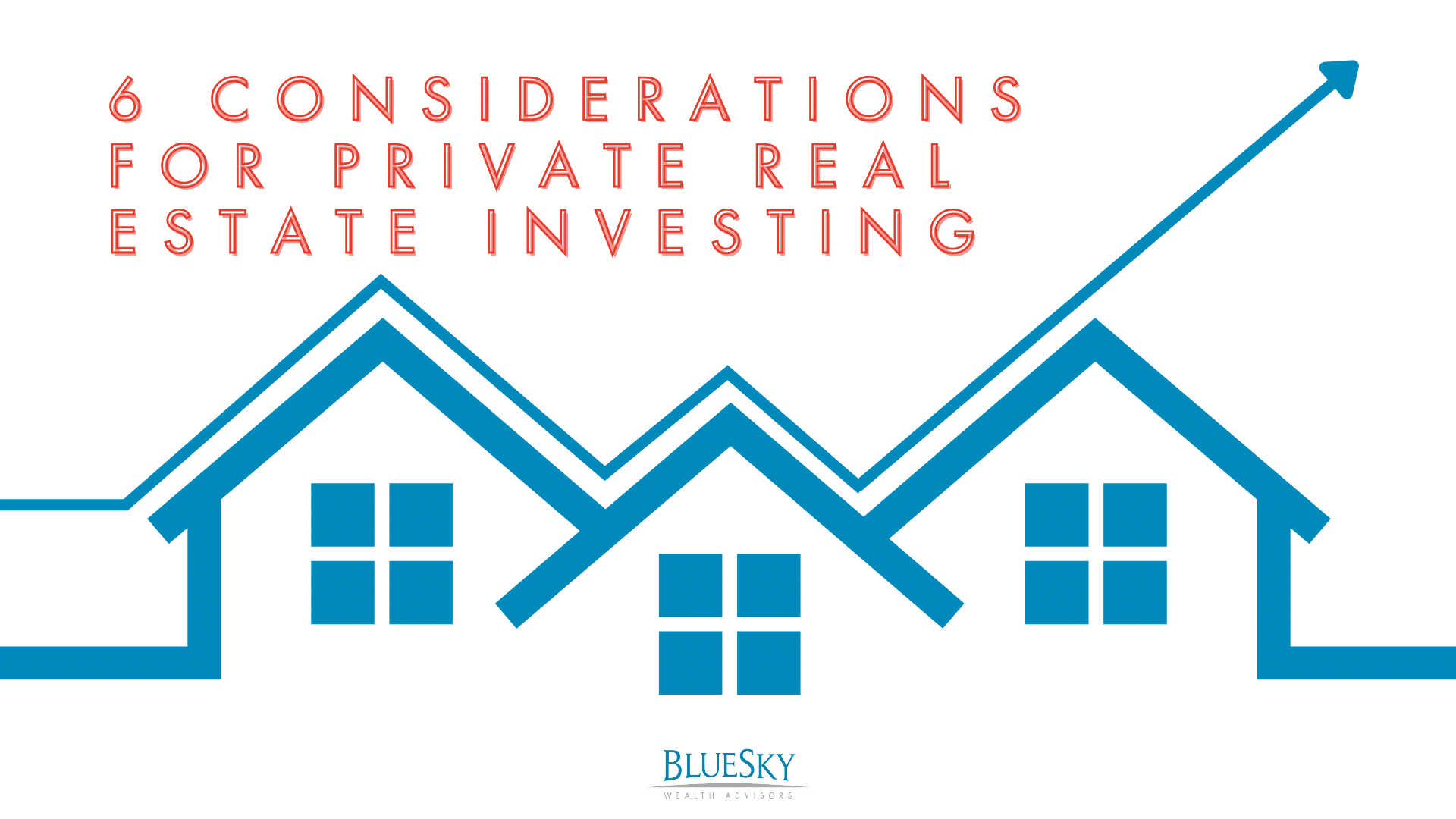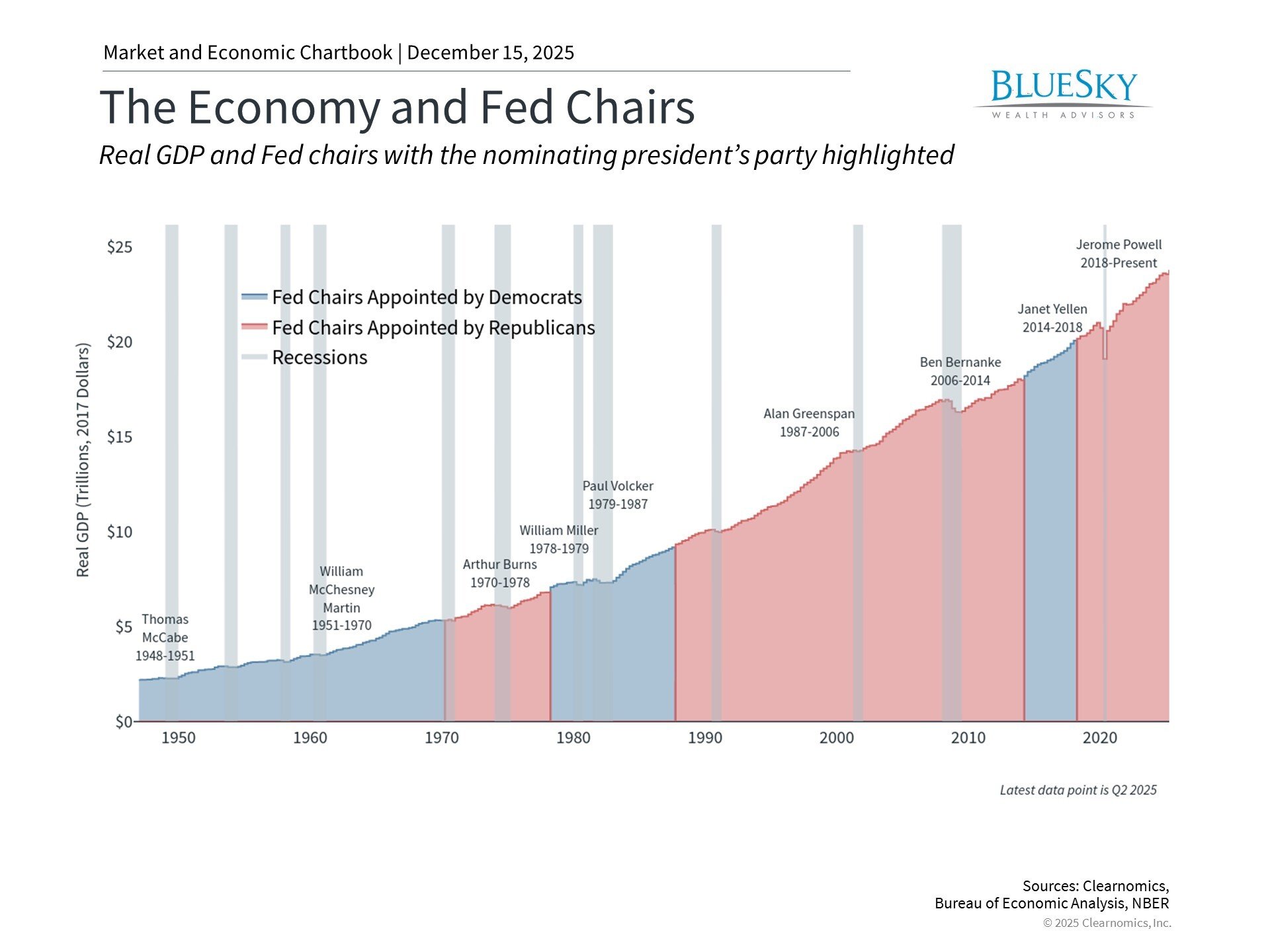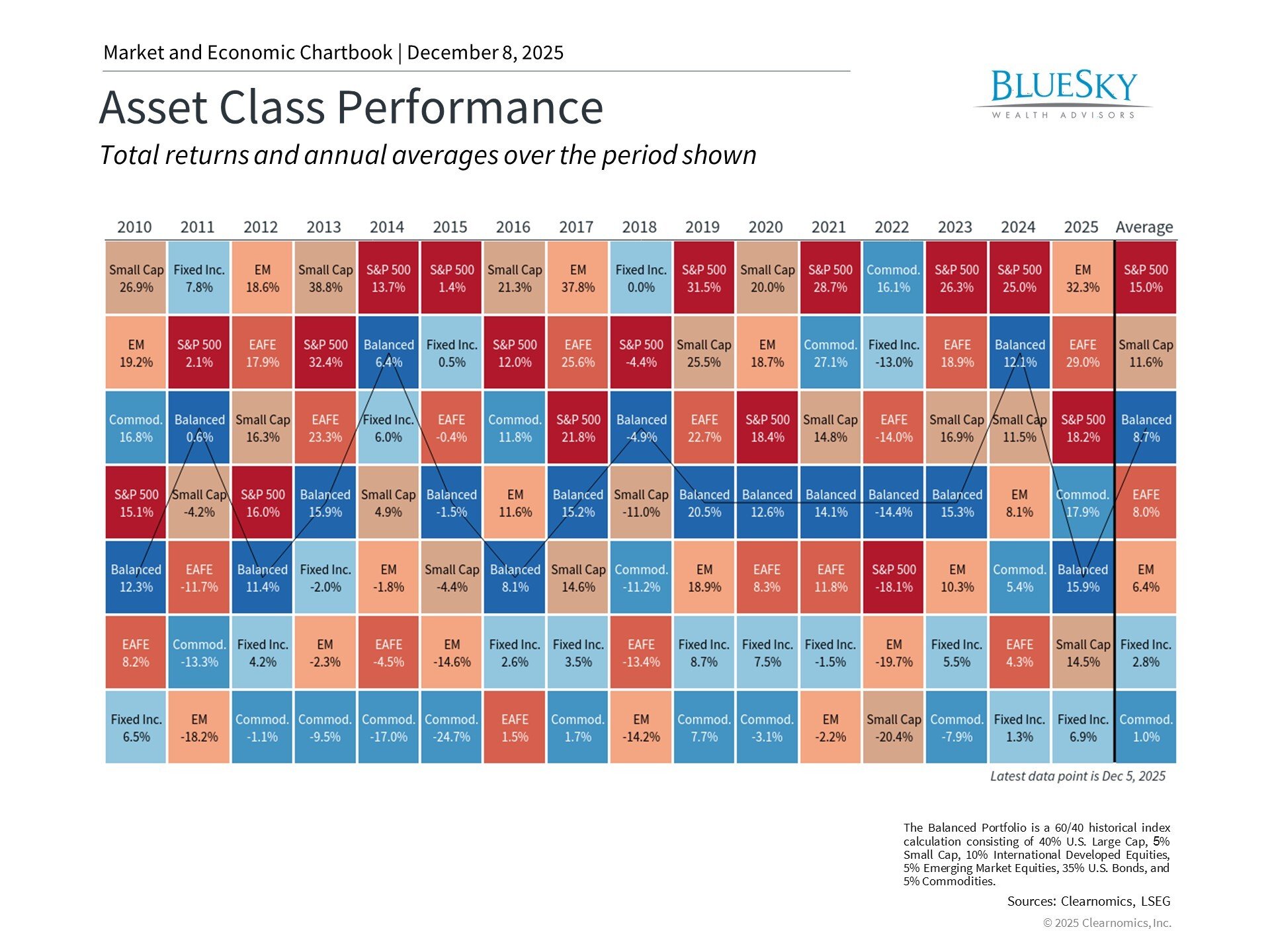
How to Generate Wealth Through Income-Producing Real Estate
How to Generate Wealth Through Income-Producing Real Estate

Understanding Real Estate & Its Investment Benefits
When you search for “income producing real estate,” you’re looking for ways to put your money into properties that generate income through rent, appreciate in value over time, and might offer additional profit-making opportunities. To put it simply, it’s about buying real estate that puts money back in your pocket.
Why consider real estate investment? Here are quick reasons:
– Passive Income: Get money regularly without having to work day-to-day in the business.
– Value Increase: Over time, real estate generally grows in value.
– Tax Advantages: Special tax deductions are available to real estate investors.
– Diversification: Real estate can diversify your investment portfolio beyond stocks and bonds.
Real estate investment might seem complex, but it boils down to purchasing properties that earn you money either through rental income or sales in the future. It’s a tried-and-true method many use to build wealth, secure financial independence, and even create a lasting legacy.
For those looking deeper than the surface, let’s unveil how income-producing real estate can not only complement your investment portfolio but also potentially offer substantial tax breaks, generate passive income, and contribute meaningfully to your financial growth. The key is understanding the types of properties available, how they generate income, and which ones align with your financial goals and lifestyle.
The Most Lucrative Forms of Real Estate
In income-producing real estate, not all investments are created equal. Some options offer higher returns, but with higher risk, while others provide steady income with less hassle. Let’s dive into the most lucrative forms of real estate investment: Commercial Real Estate, Residential Development, PropTech, and Short-term Rentals.
Commercial Real Estate
Commercial real estate is a favorite among seasoned investors. Why? Because it typically offers higher returns compared to residential properties. This category includes office buildings, retail spaces, warehouses, and more.
One key benefit is the escalation clause in leases. This means the property owner can increase rent or maintenance fees over time. However, it’s not all easy money. Commercial real estate requires more upfront investment and can be more complex to manage. It’s essential to have a good grasp of the market and possibly a team to help with property management.
Residential Development
Developing residential properties, such as building new homes or apartment complexes, can be highly profitable. The trick here is understanding the market demand. Location is everything. A well-placed development in a growing area can bring significant returns through sales or rentals.
However, this avenue requires significant capital and involves risks related to construction delays or market downturns. It’s a game for those who can afford to play the long game and navigate the complexities of property development.
PropTech
Welcome to the future of real estate. PropTech, or property technology, includes any technological innovations used to streamline the way we buy, sell, rent, or manage property. Investing in PropTech startups or platforms can offer high returns.
The appeal lies in the scalability and efficiency these technologies offer. From virtual property tours to blockchain-based transactions, PropTech is changing the game. But remember, as with any tech investment, there’s a risk of volatility and the need for a deep understanding of the tech landscape.
Short-term Rentals
Platforms like Airbnb have revolutionized how we think about rental properties. Short-term rentals can offer higher income than traditional long-term leases, especially in tourist-heavy or urban areas. They allow property owners to adjust prices easily to match demand.
But it’s not just about listing your property and watching the money roll in. Short-term rentals require active management, dealing with frequent tenant turnover, and navigating local regulations. Plus, income can be less predictable than with long-term tenants.
In conclusion, each of these investment avenues has its unique appeal and set of challenges. Whether you’re drawn to the steady income of commercial real estate, the high stakes of residential development, the cutting-edge potential of PropTech, or the dynamic market of short-term rentals, it’s crucial to do your homework. Understanding the market, assessing the risks, and aligning with your investment goals are key steps to success in the lucrative world of income-producing real estate.
We’ll explore the steps to acquiring these types of properties and how to evaluate your real estate investments effectively. The goal is not just to invest but to generate wealth through smart, informed decisions in the real estate market.
Steps to Acquiring Income-Producing Real Estate
Diving into income-producing real estate requires a strategic approach. Let’s break down the journey into manageable steps, ensuring you make informed decisions every step of the way.
Financial Understanding
First things first, know your numbers. It’s crucial to have a clear picture of your current financial status. How much debt do you have? What’s your credit score? How much can you afford for a down payment? These questions might seem basic, but they are the foundation of your real estate investment plan.
Market Analysis
Next up, research the market. This isn’t just about finding a good deal; it’s about understanding the area where you’re investing. What are the local property tax rates? How do the schools rank? Is the neighborhood on the rise, or is it in decline? These factors can significantly impact the future value of your investment.
Investment Type Decision
Now, decide on the type of property you want to invest in. Are you looking for a single-family home to rent out long-term, or does a multi-family building seem more your style? Maybe a commercial property? Each has its pros and cons, so consider what fits best with your investment goals and management style.
Preapproval Process
Before you start shopping, get preapproved for a mortgage. This step is crucial because it shows sellers you’re serious and can afford to buy. You’ll need to provide financial documents like pay stubs, W-2s, and bank statements. The lender will tell you how much you can borrow and at what interest rate, giving you a clear budget for your investment.
Making an Offer
Found the perfect property? It’s time to make an offer. This is where having a good real estate agent can really pay off. They can help you determine a fair offer price, draft the offer letter, and negotiate with the seller. The goal is to get the property at a price that makes sense for your investment plan.
By following these steps, you’re not just buying property; you’re strategically investing in income-producing real estate. Each step builds on the last, moving you closer to your goal of generating wealth through real estate. Next, we’ll dive into how to evaluate your real estate investment to ensure it meets your financial goals.
Types of Income-Producing Properties
When it comes to investing in income-producing real estate, there’s a variety of property types to consider. Each has its unique set of benefits and challenges. Let’s explore these different types and what they offer to investors.
Single-Family Rentals
Tenant demand: Single-family rentals are always in high demand, especially in areas with growing populations. Families or individuals looking for more space and privacy prefer these over apartments.
Financing ease: Financing a single-family rental is often simpler than other real estate investments. Traditional mortgages can be used, making this an accessible option for many investors.
Long-term tenancy: Tenants in single-family homes tend to stay longer, reducing the turnover costs and vacancy periods for investors.
Multi-Family Homes
Management efficiency: Managing a multi-family home is often more efficient than managing several single-family rentals, as all units are in one location.
Portfolio growth: Investing in multi-family homes can quickly grow an investor’s portfolio, as each property contains multiple rental units.
Acquisition cost: While the initial cost may be higher than a single-family home, the per-unit cost often ends up being lower, making it a cost-effective investment in the long run.
Studio Apartments
Youth appeal: Studio apartments often appeal to younger tenants, such as students or young professionals, who prioritize location over size.
Low maintenance: These properties usually require less maintenance than larger rentals, as there’s less space and fewer appliances to upkeep.
Short-term potential: Studios can be easily adapted for short-term rentals, offering flexibility to capitalize on tourism or temporary housing needs.
Apartment Buildings
Financing security: Financing for apartment buildings, while more complex, can be secured against the income the property generates, offering a layer of security to lenders and investors.
Management ease: Investors often hire property management companies for larger apartment buildings, simplifying the landlord’s responsibilities.
Rental demand: Apartment buildings, especially in urban areas, have a high demand, ensuring a steady flow of income.
Commercial Real Estate
Investor preference: Some investors prefer commercial real estate for its potential for higher returns and longer lease terms.
Complexity: This type of investment is more complex and typically requires more expertise and capital upfront.
Higher risk and reward: While the risks are greater, including longer vacancy periods and higher maintenance costs, the rewards can be significant.
Real Estate Investment Trusts (REITs)
Market establishment: REITs offer a way to invest in real estate without owning physical properties, making it accessible to a broader range of investors.
Dividend payouts: REITs are known for their dividend payouts, offering investors a steady income stream.
Taxation aspect: Although REITs provide several benefits, investors miss out on certain tax advantages like the 1031 exchange available with direct property investment.
House Flipping
Renovation resale: House flipping involves buying properties at a lower price, renovating them, and selling at a profit. It requires a keen eye for potential and understanding of the market.
Capital gains: The profit margin can be significant, especially in markets where property values are rapidly increasing.
Expert team necessity: Success in flipping houses often depends on working with a reliable team of contractors, designers, and real estate professionals to complete renovations efficiently and effectively.
By understanding the different types of income-producing properties, investors can make informed decisions that align with their financial goals and risk tolerance. Whether it’s the steady income from a single-family rental, the growth potential of a multi-family home, the appeal of studio apartments, the scale of apartment buildings, the complexity of commercial real estate, the accessibility of REITs, or the rapid returns of house flipping, there’s an investment strategy out there for every type of investor.
Evaluating Your Real Estate Investment
Now that you’re familiar with the various types of income-producing real estate, it’s crucial to understand how to evaluate these investments to make informed decisions. Let’s break down the process into manageable parts: income generation, financial metrics, soft costs, and the importance of continuous learning.
Income Generation
The core of any real estate investment is its ability to generate income. Whether it’s through rental income, appreciation, or both, understanding the potential cash flow is key. For instance, a single-family house in Memphis could generate an annual cash flow of $6,697, translating to a cash-on-cash return of 6.4%. By leveraging a mortgage, this return could potentially increase to 7.9%. The goal is to find properties that offer a steady and reliable income stream.
Financial Metrics
To truly grasp the potential of your investment, you must get comfortable with certain financial metrics. These include:
- Cash-on-Cash Return: This measures the cash income earned on the cash invested in a property. It’s a straightforward way to gauge the performance of your investment.
- Cap Rate: Helps investors understand the potential return on an investment, independent of financing.
- ROI (Return on Investment) and IRR (Internal Rate of Return): These metrics provide a deeper insight into the profitability of your investment over time.
For example, leveraging a mortgage on a property can increase your cash-on-cash return, as seen with the Memphis house scenario. Understanding these metrics allows you to compare different investment opportunities effectively.
Soft Costs
Soft costs include expenses that are not directly tied to the physical construction or acquisition of the property. These can significantly impact the overall profitability of your investment. Examples include:
- Travel expenses for property visits
- Legal and professional fees
- Property management (if you decide not to manage the property yourself)
It’s essential to factor these into your investment analysis to avoid surprises down the line.
Continuous Learning
The real estate market is dynamic, with trends and regulations constantly evolving. To stay ahead, you must commit to continuous learning. This can involve:
- Attending seminars and webinars
- Joining local investor groups
- Keeping up with economic trends affecting the real estate market
- Reading investor blogs and following thought leaders in the industry
For example, technology has made it possible to invest in real estate online, opening up opportunities for long-distance investments. Tax laws in the U.S. also offer several deductions that can significantly benefit real estate investors.
By understanding and applying these principles, you’re not just investing in real estate; you’re investing in your financial education and future. As you evaluate your next real estate investment, success lies in the details. Consider the income it can generate, familiarize yourself with key financial metrics, account for all costs, and never stop learning. This approach will help you build a robust and profitable real estate portfolio.
In the next section, we’ll answer some frequently asked questions about income-producing real estate, providing you with even more insights to guide your investment journey.
Frequently Asked Questions about Income-Producing Real Estate
Real estate investing can seem complex, but breaking it down into common questions helps demystify the process. Let’s dive into some of the most frequent queries investors have about income-producing real estate.
What is the most profitable real estate investment?
The most profitable real estate investment varies based on market conditions, location, and your investment strategy. However, commercial real estate and multi-family homes often offer higher returns due to their ability to generate consistent rental income. REITs can also be lucrative, providing dividends from a diversified portfolio of properties without requiring direct management.
Remember, profitability hinges on factors like location, market demand, and your ability to manage and optimize the property.
How can I start investing in real estate with little money?
Starting with limited funds is more feasible than many assume. Here are a few strategies:
- REITs: Buying shares in a Real Estate Investment Trust allows you to invest in real estate with much less money than buying properties directly.
- Crowdfunding: Real estate crowdfunding platforms let you invest small amounts in larger projects.
- Partnerships: Pool resources with friends, family, or other investors to purchase properties.
- FHA Loans: These loans require lower down payments, making it easier to buy your first property.
The key is to start small and grow your investments over time. Even modest beginnings can lead to significant wealth in real estate.
Is real estate a good source of passive income?
Yes, real estate can be an excellent source of passive income, especially if you invest in rental properties or REITs. Rental properties can provide a steady monthly cash flow, while REITs offer dividends without the need for direct property management.
However, it’s important to note that “passive” doesn’t mean “effortless.” Initial efforts in research, property acquisition, and setting up management structures are essential. Once these are in place, real estate can indeed become a source of passive income, allowing you to earn money with minimal ongoing effort.
As we’ve explored these common questions, it’s clear that income-producing real estate offers diverse opportunities for investors. Whether you’re starting with a small budget or looking for passive income streams, real estate has options that can fit your goals. The key to success is thorough research, careful planning, and staying informed about market trends. With these strategies, you can navigate the real estate market confidently and make investments that help you build wealth over time.
Conclusion
When we talk about building wealth through income producing real estate, the concept of diversification cannot be overstated. Diversification is like not putting all your eggs in one basket. It’s about spreading your investments across different types of properties and even different markets to reduce risk. Whether it’s single-family rentals, multi-family homes, commercial real estate, or REITs, each option comes with its own set of benefits and challenges. The key is to find the right mix that aligns with your financial goals, risk tolerance, and investment strategy.
At BlueSky Wealth Advisors, we understand the complexities and opportunities that come with income-producing real estate. Our approach is to help you navigate these waters with ease and confidence. We believe in empowering our clients with knowledge and tools to make informed decisions that align with their long-term wealth-building goals.
Investing in real estate is not just about acquiring properties; it’s about creating a strategy that works for you. It involves understanding the market, analyzing potential returns, and managing your investments efficiently. And that’s where we come in. Our team of professionals is here to guide you through every step of the process, from selecting the right properties to managing your portfolio for optimal performance.
The journey to building wealth through real estate is a marathon, not a sprint. It requires patience, diligence, and a willingness to learn and adapt. But with the right partner by your side, the path can be much smoother and the rewards, significant.
Let us help you explore the opportunities that income producing real estate has to offer. Together, we can build a diversified portfolio that not only meets your financial objectives but also stands the test of time.
Explore your real estate investment opportunities with BlueSky Wealth Advisors and take the first step towards securing your financial future.





